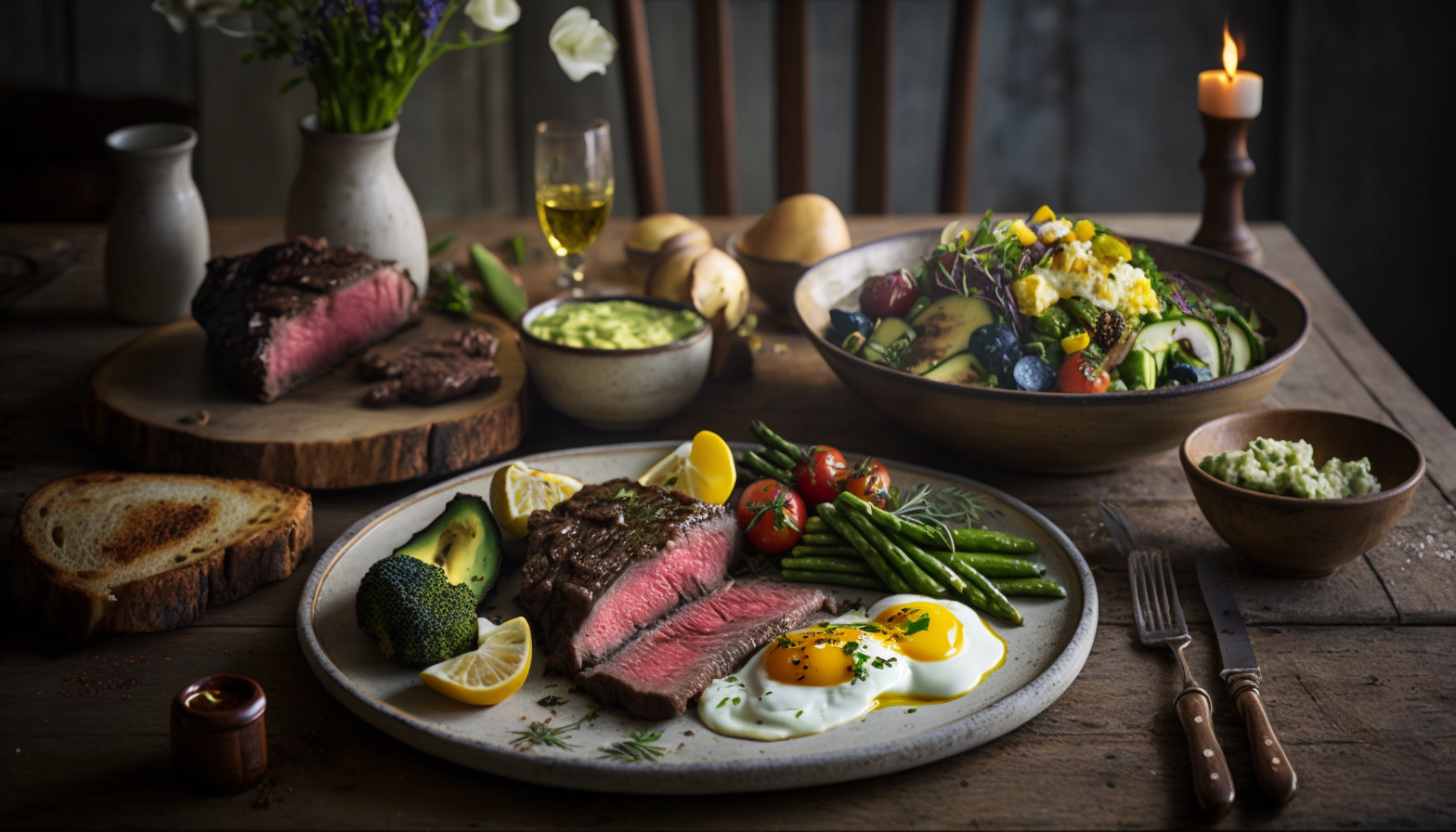
How Cooking Methods Affect Your Health
Cooking is an art form that extends beyond taste; it profoundly influences our health. The methods we use to cook food have a significant impact on their nutritional value and health effects. In this article, we’ll look at how certain cooking methods lead to the formation of harmful compounds, and strategies to minimize their formation.
Cooking can transform our food in ways we may not fully realize. One such transformation involves the formation of Advanced Glycation Endproducts (AGEs), Polycyclic Aromatic Hydrocarbons (PAHs) and Heterocyclic Amines (HCAs), compounds that arise when foods are subjected to intense heat, such as grilling, broiling, and frying. Research has linked AGEs, PAHs and HCAs to inflammation, accelerated aging, and an increased risk of chronic diseases, including diabetes, cardiovascular disease, neurodegenerative diseases and certain cancers.
Certain cooking methods are more prone to producing these harmful compounds more than others. Grilling, frying, and broiling, for example, subject foods to high temperatures, accelerating the formation of AGEs, PAHs, and HCAs. While these methods may impart delicious flavors and textures to our meals, they also come with a health cost that should not be overlooked.
The Maillard reaction for example, a chemical process where sugars react with proteins and fats to create certain flavors and the browning of food, is a major driving force behind the formation of these harmful substances. Studies have shown that grilled meats have over a 10-fold increase in these toxic compounds compared to other cooking methods.
This poses a substantial risk to individuals who regularly consume grilled or fried foods. However, opting for gentler cooking methods like steaming, boiling, poaching, or sous vide help minimize the formation of harmful substances while preserving the nutritional value of food. Marinating meats in antioxidant-rich spices and herbs like rosemary, turmeric, and ginger has been shown to also help decrease the amount of toxic compounds formed during cooking. Selecting fresh, whole foods and minimizing processed foods can also reduce the intake of these harmful substances.
Additionally, when foods such as nuts, fruits and vegetables are eaten raw, they retain their natural enzymes and nutrients, offering a healthful alternative to cooked food. Incorporating a diet rich in antioxidants can also help mitigate the harmful effects of consuming foods cooked at high temperatures.
In addition to choosing the right cooking methods, the type of oil used for cooking is also crucial for our health. Oils high in polyunsaturated fatty acids (PUFAs), such as canola, safflower, and soybean oil, are generally less healthy, especially when heated. These oils are chemically unstable and prone to degradation, oxidation and rancidity during storage, cooking and within the body. Instead, opting for oils high in monounsaturated and saturated fats, such as olive oil and coconut oil, are a better choice for cooking. Among these options, MCT oil, a type of liquid coconut oil, stands out as an excellent choice for cooking, as it is highly stable at high temperatures and has been linked to various health benefits.
When it comes to our health, knowledge is power, and the way we cook our food matters more than we may realize. By understanding how different cooking methods influence the nutritional content of our food, we can make informed choices in the kitchen that support our well-being. Choosing healthier cooking methods, such as steaming, boiling, or sous vide, and incorporating more raw foods into our diet as well as using the right oils, such as MCT oil, can help minimize our exposure to harmful compounds in cooked food and promote optimal health in the long run.

